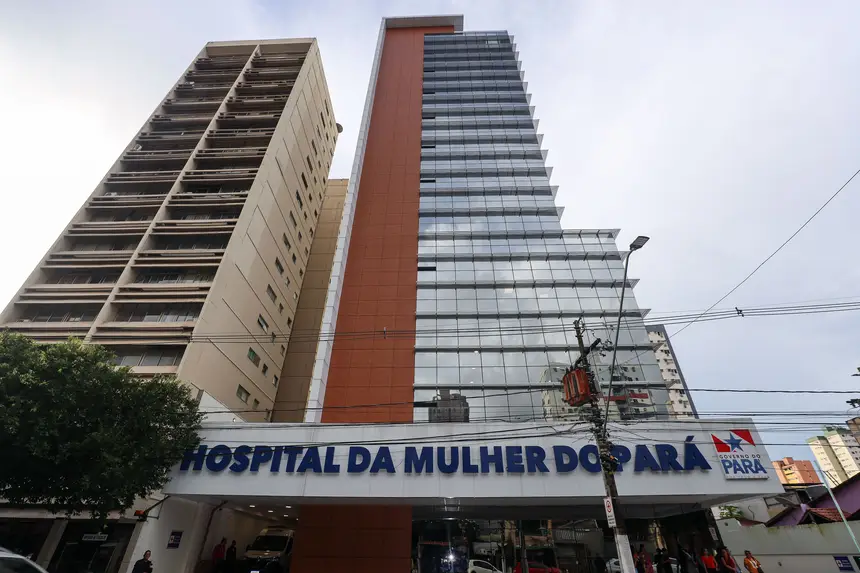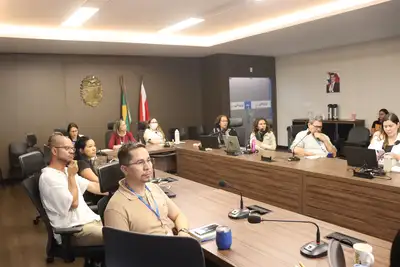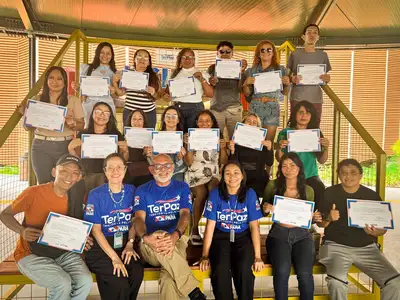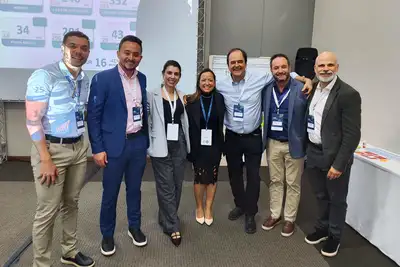Vice Governor Reinforces Care for Women's Health During Visit to the Women's Hospital of Pará
The unit has already performed over 4,000 services in less than two months and is consolidating as a reference in comprehensive care for women
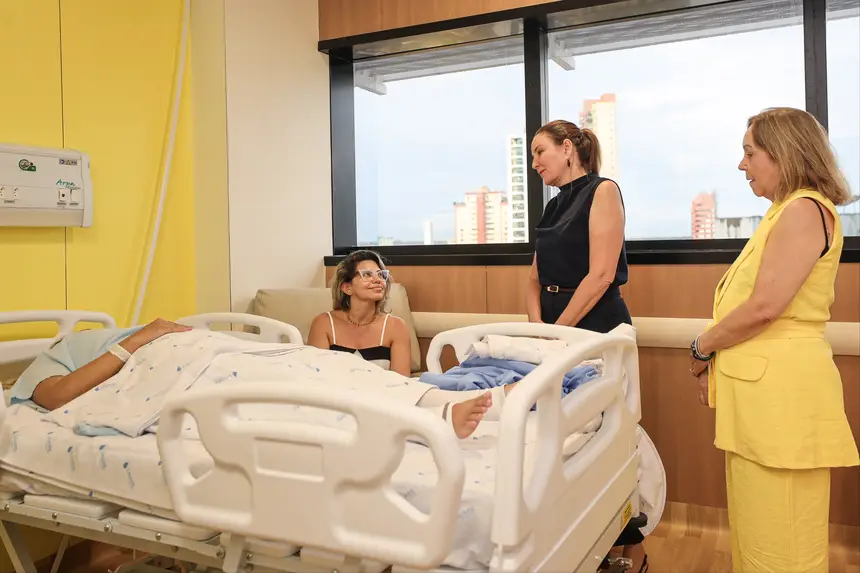
The Vice Governor of Pará, Hana Ghassan, visited the Women's Hospital of Pará (HMPA) in Belém on the afternoon of this Wednesday (30). Opened on March 8, the unit is a reference for all aspects of women's health care and has already surpassed the mark of 4,000 services since it began operations.
The agenda included the presence of the State Secretary of Public Health, Ivete Vaz; the Deputy Secretary of Health Policy Management, Sipriano Ferraz; the hospital's general director, intensivist doctor Nelma Machado; and the unit's care director, Ane France.
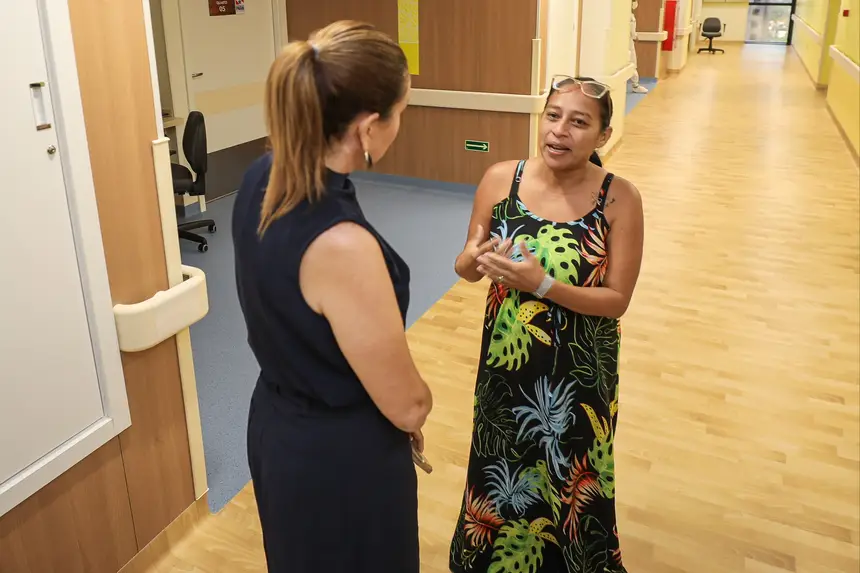
During the visit, Hana toured different areas of the hospital, including the emergency room focused on women in situations of violence, the outpatient clinics, and the inpatient unit for gigantomastia surgeries (breast reduction), where she spoke with patients in the postoperative period.
“This hospital was made for you, women from all over our state. Whenever you need, come. This structure and team are here to care with attention and respect at all moments of life,” said the vice governor.
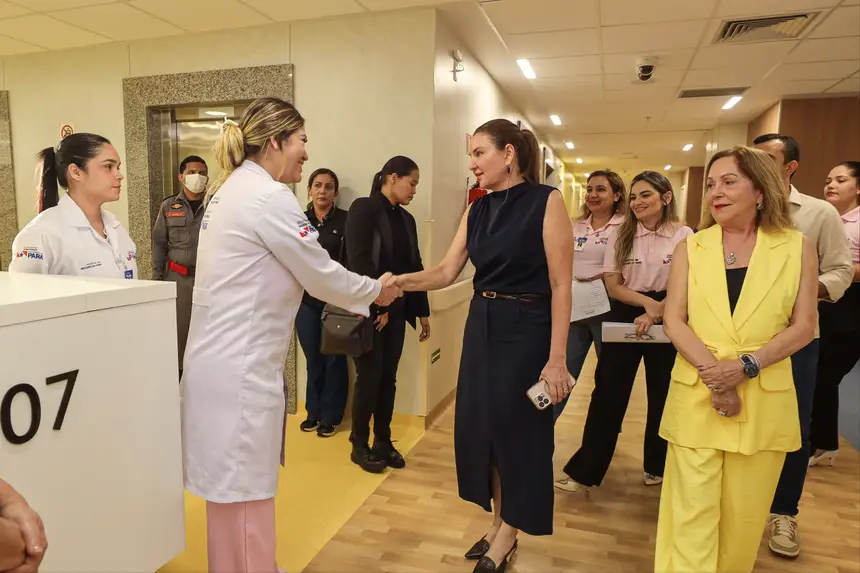
Patient Isabele dos Santos, recovering after surgery, praised the care received. “I am very grateful, the team is wonderful and this is an excellent hospital. Everything is here,” she declared.
Reference in Humanized Care
In less than two months of operation, HMPA has accounted for over 4,000 women served in services such as 24-hour emergency care, specialized consultations, and hospitalizations. Approximately 25,000 laboratory and imaging tests have also been performed, in addition to 635 surgeries.
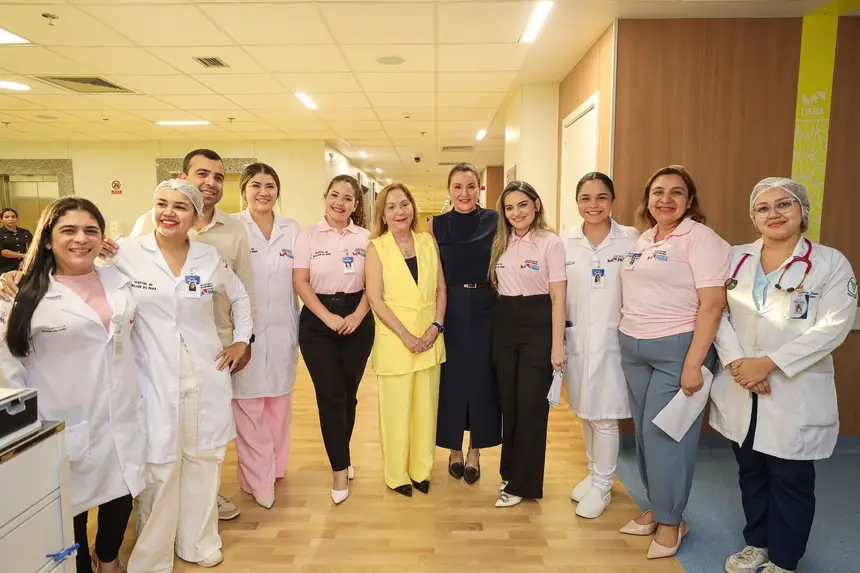
The general director, Nelma Machado, highlighted that the numbers demonstrate the importance of joint work in providing specialized and humanized service. “We seek to welcome and care for these women who have long awaited proper follow-up. Today, they have a prepared multidisciplinary team and modern structure to offer the best possible care,” she emphasized.


